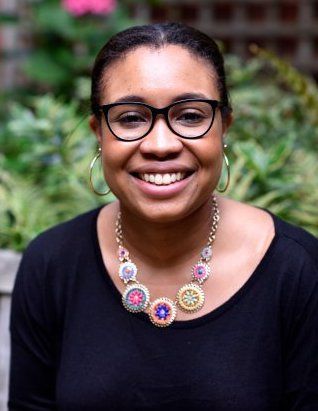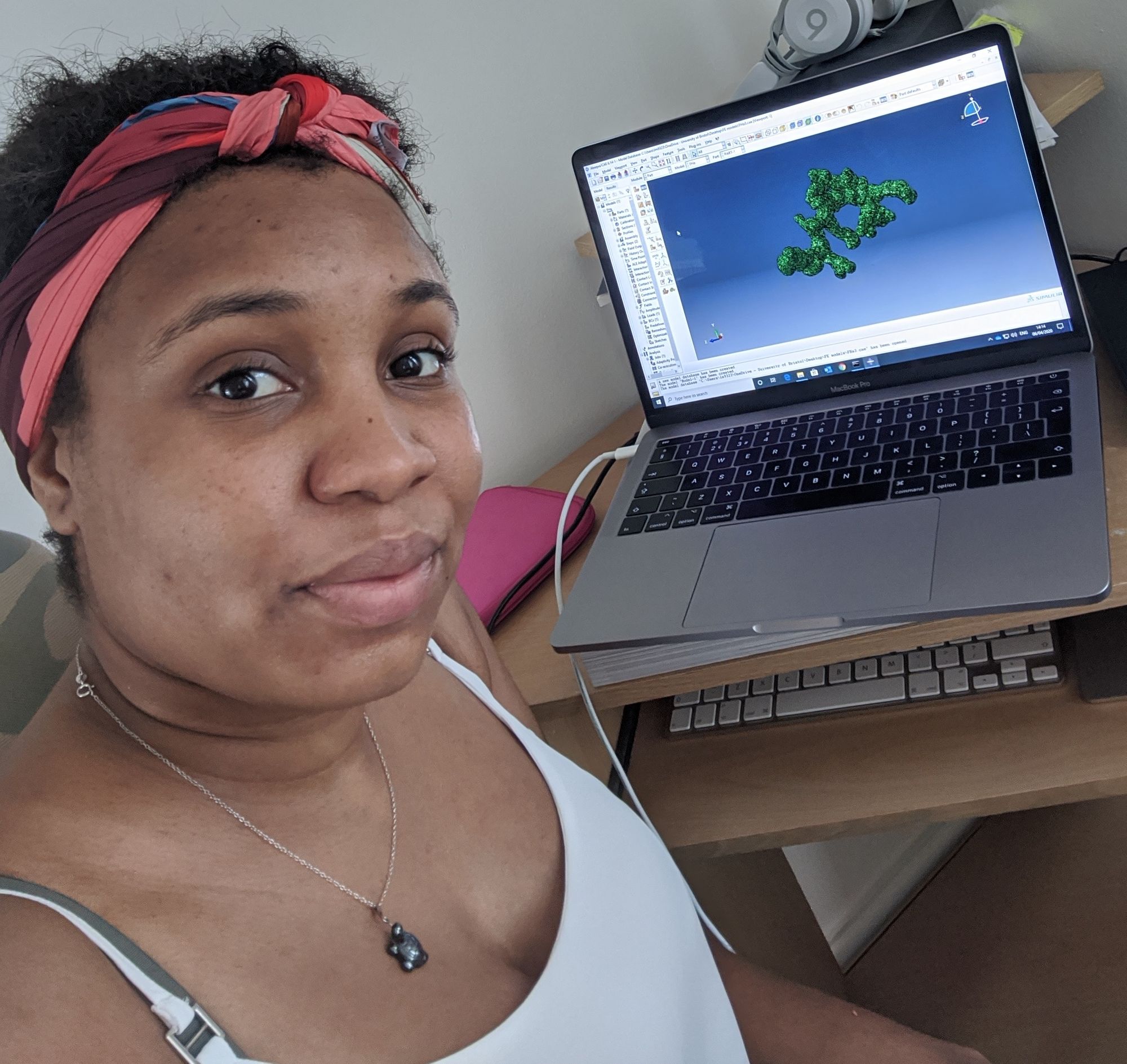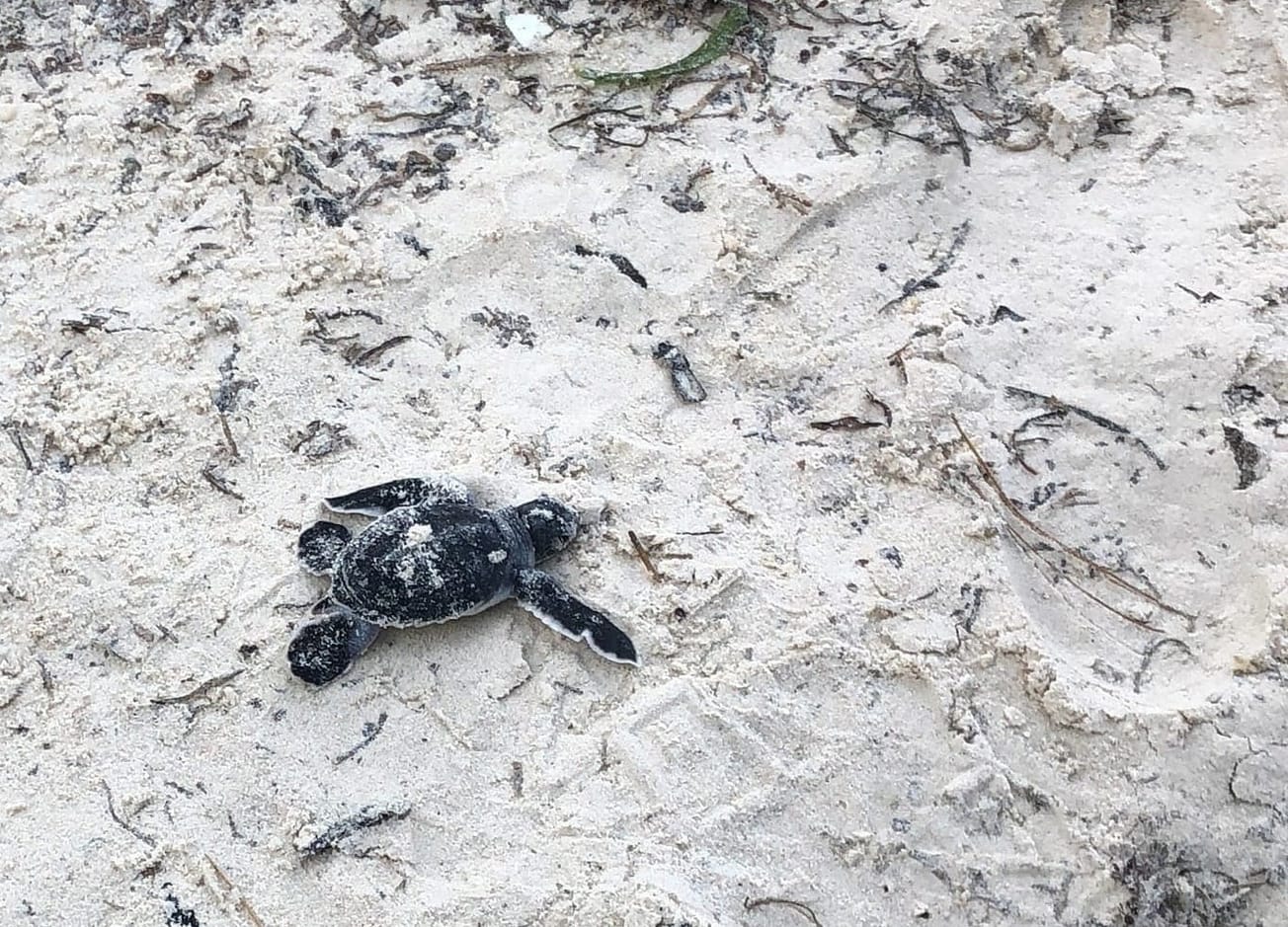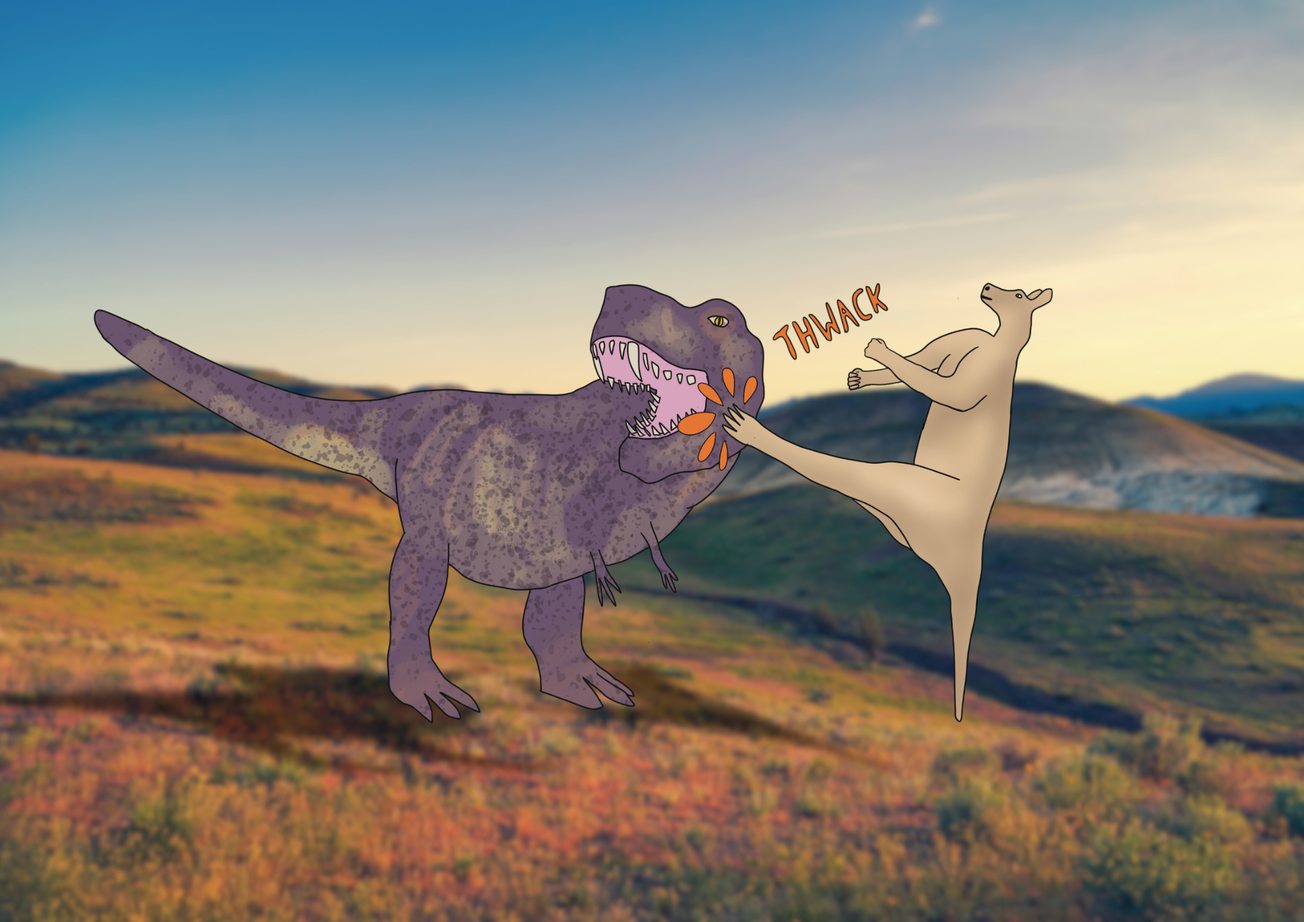By Julia Riopelle, SciTech Editor
For our new Scitech series ‘Diversity in STEM’, we are highlighting the experiences, research and successes of people of colour at the University of Bristol. This interview series aims for current and prospective students to see more representation in the field of STEM sciences, so that they may be more encouraged to pursue a scientific field they may have not considered previously.
Dr Leanne Melbourne contacted me immediately when I reached out to the STEM departments asking for people to be interviewed. Leanne is a black British Caribbean who grew up in London and whose parents are from Jamaica. From 2009 to 2013 she completed her BSc in Chemistry at the University of Bristol, with an integrated master and a year in industry. She continued to attain a PhD from 2013 to 2017 in the School of Earth Sciences, looking at the effect of climate change on coralline algae. After taking a brief break from academia, she has returned to lecture at the School of Earth Sciences. I had the pleasure of interviewing Dr Leanne Melbourne about her experiences as a BAME woman in science and have gained many insightful views from our conversation.

When did you first become interested in pursuing a STEM field, specifically chemistry, at university?
Growing up I initially was set on studying medicine. My mother works in the hospital, so she’s always been in that environment and did coerce me a little down that route. I’ve always loved science, but research-wise, I never thought of it as a career. However - when I went to an open day for medicine I hated it! It’s not like I don’t find medicine interesting, it was just because I had that mindset for so long, that I just went with it. I saw my strength to be in chemistry and maths during my A-levels, so I decided to pursue chemistry at university.
Interesting! So you sort of already answered my next question on whether your parents influenced your decision to do a STEM science...
I’ve been having the conversation a lot quite recently, and I definitely don’t want to generalise; however, there is this concept that parents who have migrated to the UK, want their children to have a ‘better life’ than they had. They will definitely push you down those routes with the well-respected and high-profile career paths. My mother wanted me to earn more money than she ever did and be more successful, hence why she thought a doctor would be good for me.
The University of Bristol is a predominantly white university. Did you ever actively think about how you were one of the few black students doing chemistry?
I didn’t really, which is weird because I went to a school of predominantly black and Asian students. White students were actually the minority! I guess since I grew up in an area that was heavily multicultural, it didn’t matter that I was in a predominantly white setting. I was so used to being around people of different backgrounds, and also I guess I knew I was going to go into a predominantly white setting so maybe I had prepared myself for that, I don’t know. So, I didn't think much about the diversity of students, however I do remember noticing there were only a few lecturers of colour. Despite that, it was actually the lack of female lectures in chemistry which stood out to me. I remember during my undergraduate, which was only ten years ago, there was one female professor.
It wasn’t until I started my PhD when I looked around and realised that, oh, it is all white isn’t it. As I progressed through each stage of higher academia, that’s when I noticed this drop off of BAME students.
Did the lack of diversity of women in chemistry affect your teaching in any way? For example, contributing to discussion or feeling comfortable to ask questions?
Yeah, I think this is something that happens a lot, especially with women. I was definitely not as comfortable communicating my ideas in university classes. I always assumed I was quite shy that way with my knowledge, but actually it may very well be due to not feeling comfortable in the space. Not being comfortable enough to show when you do not know the answer. In school I was never like that, I was always the one to raise my hand and collaborate with my peers.
You need to consider university is a big environment. There are many people with the same interests as you, either doing better or worse. There are also many students who have the confidence to say things, whether they know it’s true or not. I am definitely not like that, I like knowing that what I am going to say is always factually correct. I think that’s partly because if I do start saying things that are wrong, it’s not just a reflection of me, it’s a reflection of my community.
At least in my experience in biology, all the historically or even current ‘significant’ scientists have been white-European or white-American, is this the case in chemistry as well?
In science it’s more difficult because the age of enlightenment was a very Europe-dominant movement. So, despite science happening in other places, the key concepts and theories which students here learn are those European discoveries that have stood the test of time. There will always be the issue that this is white-centric. The way to decolonize that kind of view, is to see how this impacted certain areas and people of colour. Try to draw on papers where people of colour conducted important science as well. Especially in current times. Science is happening everywhere, everyone is publishing papers. In Earth Sciences I try to use many papers from many different countries, however if we did a proper de-colonising of the course, we could do much better.
What made you change from a BSc/MSc chemistry to a PhD in Earth Sciences? What inspired you to pursue a path in Academia?
When I started my chemistry degree, I loved learning all the theory, but hated labs. I did an integrated masters with a year in industry, though even then I was thinking of alternative career options. It wasn’t until my supervisor sat me down and said, ‘Leanne, have you thought about doing a PhD? You’ve really taken to the research side of your masters project. You’re the sort of person who would do well doing a PhD and really enjoy it.’ I think if it wasn’t for this comment, I would have never considered pursuing academia.
As I really enjoyed the ocean chemistry unit and seeing the chemical impacts on the biology of the ocean, I applied for a PhD project in Earth Sciences. My PhD looked at the impact of climate change and global warming on the acidification of coralline algae. I truly loved my PhD, I really enjoyed it.

PhDs usually attract more international students, did their perspectives help you in your approach to research?
The post-graduate world is definitely more diverse, we had many more black students from all over the African continent, but not in the terms of UK domestic students. If you are looking at UK BAME students, at the time of my PhD, I think I was one of three?
There are a lot of international students who definitely bring more perspectives and resources to our research group. For example, highlighting research and introducing us to papers we probably would not have been aware of if we did not have that connection.
Oh wow, one of three? Do you think that’s isolated to the Earth Sciences departments, or is it a general trend that UK BAME students don’t do PhDs?
Firstly, Earth Sciences is small, so the pool of students is already limited. But no, you see a high dropout rate across all STEM departments (after graduating with a bachelors). There is a ‘leaky pipeline pattern’. You see a number of BAME students doing a Bachelors of Science degree, but you see less and less students applying for PhDs or pursuing academia. A report was picked up by Leading Routes about research councils in the UK. It stated within Natural England Research Council, which funds a lot of PhD students, that between 2017 and 2019, out of 19,868 PhD funded studentships awards, only 245 were award to black or black-mixed students. I was one of the 30 Afro-Caribbean students granted a studentship in the UK.
So yeah, there is this drop off. It is partly to do with students not seeing representation of people like them, not feeling like they are capable of getting there, feeling alienated or isolated when coming to a new city that is predominantly white. There are less people to interact with who understand your culture and background. I guess there is probably a bias in the awarding of studentships, but you cannot exactly pinpoint it within the data.
How did you come into the role of a lecturer in Earth Sciences?
Originally, I knew that after my PhD I would be done with academia. Even though my supervisors kept telling me I was doing well; I didn’t want to stay because I didn’t think I was good enough. I didn’t think I had it in me to keep coming up with the questions, fight for funding, fighting to prove the worth of my research and me.
However after two years working at the Linnean Society and the Natural History Museum, I missed conducting my own research. I saw this lecturer role was come up and I applied and here I am! It’s an 18 month contract, which is great, because it’ll give me the chance to really know if I want to stay in academia.
Interview: Talking Bristol, Black Lives Matter and Twitter with history of slavery professor Olivette Otele
Portraits celebrating BAME staff, students and alumni to be displayed in Wills Memorial Building
Do you think you’ve grown more confident in your abilities?
I don’t think I’ve grown more confident in that aspect, I just think I’ve become more okay with it. Before I thought I had to have a list of things ready to show that I could do a career in research. Now I think, it’s okay I don’t have all the answers or the funding for my research, I’ll get there.
What would you like to perhaps say to prospective BAME students looking into STEM?
Oh wow, I don’t know! What would I say to prospective BAME students? I think, if you have an interest in science and enjoy learning why things work the way they do, then a research career could be for you. It’s a really difficult question to answer because it’s hard to say to someone, ‘Don’t let the lack of visibility affect you’. Because it does. As we know, Bristol has definitely had issues in its past, but it appears to me that they are really working on increasing diversity and being inclusive. There are more outreach programs into communities which they never really interacted with before. There is also much more structural support in the University for BAME students. So, to say it simply, if you love science, pursue it! And don’t let the lack of love for labs stop you!
Featured Image: Private Image / Dr Leanne Melbourne
Are you a BAME professor or PhD student in a STEM field? Reach out to the SciTech team to share your experiences!








